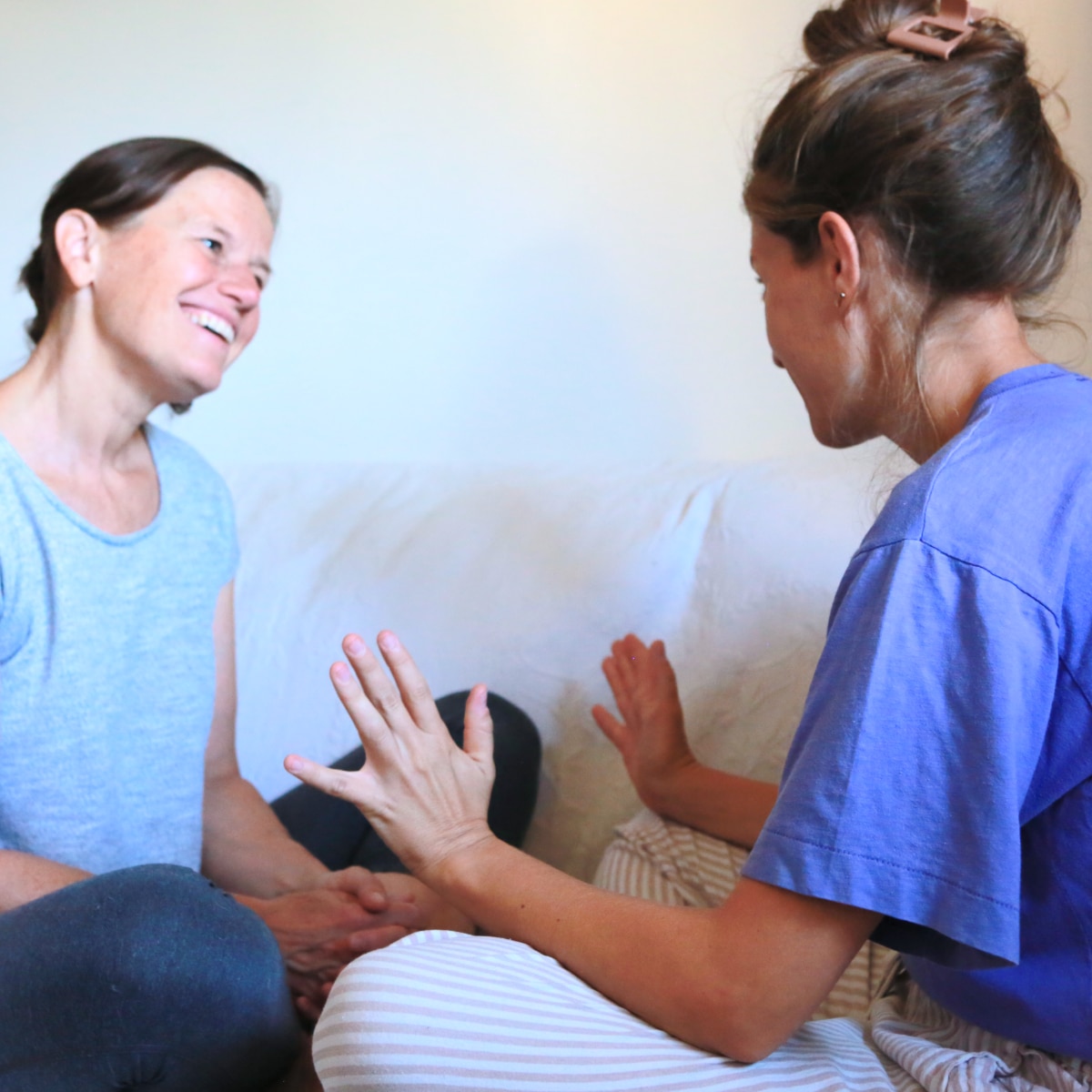HOW OFTEN WOULD YOU LIKE TO SAY ‘NO’… INSTEAD YOUR ANSWER IS ‘YES’?
When someone irritates you, do you tend to think: ‘Never mind, maybe I’ll say something next time…’
Or do you react in a harsh tone instead: ‘If you’re late one more time, I’ll never wait for you again!’
WHAT ARE BOUNDARIES?
Boundaries are the personal set of limitations that we feel between ourselves and others. They are the result of who we are and all our life experiences and challenges. We all have them and they are different and unique to each of us. Boundaries are a measure of what we tolerate and what we do not tolerate. What is okay and what is not okay for us.
Examples of my boundaries:
People who eat with their mouths open bother me!
When someone enters into my bedroom without knocking, it violates my privacy.
Our boundaries are not logical – they just are. There is no need to justify, explain, apologise for having them. And they are not fixed but dynamic, constantly changing according to how we feel, who we are with and the energy we feel.
Learning to express them clearly and lovingly gives value to who we are, and is vital for having healthy relationships, whether professional, romantic, or in friendship. Sharing one’s boundaries, as well as recognising and respecting those of others, gives greater emotional independence, intimacy and mutual support.
LEARNING TO SAY NO
The first step is to know when something is a boundary: When someone does or says something that angers you, irritates you, makes you feel bad or makes you want to run away, a boundary has probably been touched. Listen carefully to how you feel in each situation.
The next step is to learn how to say ‘NO’. You may be convinced that saying it is a harsh rejection of the other person. However, it is possible to learn to say ‘no’ lovingly.
For example: talking about ourselves instead of the other person. You could say: ‘Hey, I know you want me to come to all your work social events. I really want to support you, but I realise that this is beyond my social skills, especially with strangers. I’d like to limit myself to coming only twice a year’.
HOW TO SAY NO EVEN IF IT HURTS SOMEONE’S FEELINGS
Even if we communicate our boundaries perfectly, we will probably NOT be able to avoid hurting or offending. No wants to inflict pain on a loved one. Often, however, we end up being less honest and genuine. And in the long run, it only adds to the problem.
It is impossible never to hurt the feelings of our partner or our loved ones. It is always worth being honest as soon as possible.
SAYING NO WITHOUT FEELING GUILTY ABOUT IT
You have expressed your boundary. You know that you are likely to have hurt the other’s feelings or ego. How do you maintain your boundary, say NO and not feel guilty about it afterwards?
Remember that setting boundaries teaches others how we want to be treated, respected and loved.
It is easier if you remember that the essential purpose of boundaries is to serve the relationship. Think about this: letting your boundaries be crossed will trigger resentment in you. You may start to exclude the other person from your life. You may even start blaming him or her, even though you are actually the one not respecting your boundaries.
Boundaries are the basis of trust in a relationship and lasting intimacy. Your loved ones can trust your honesty and your bond if they know that you are respecting your boundaries. They may be disappointed or upset about them, but it is better to listen and empathise with their disappointment than to retreat into your own guilt.
YOU CAN DO IT!
If at first expressing boundaries may seem impossible, with the help of a coach, learning the language to do so becomes easier and easier. Both you and your loved ones can change old habits and finally improve your communication.


